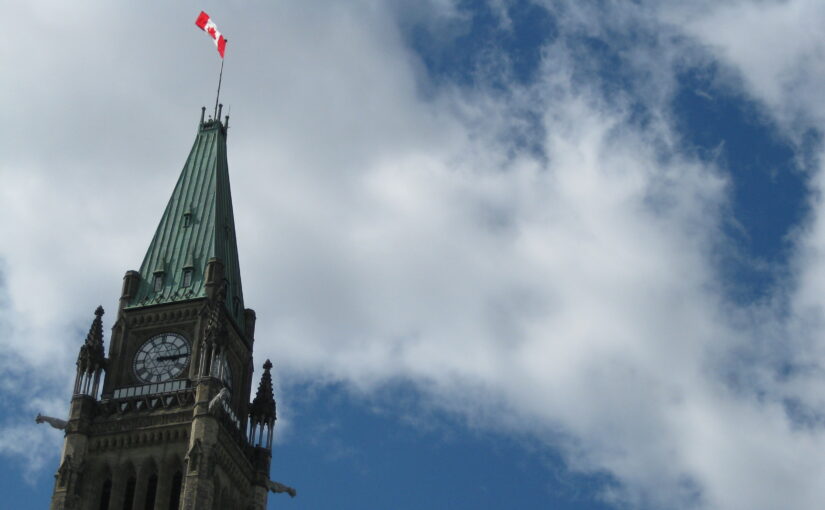The content you will find here is an archive of the 4,000+ posts to the blog known for most its life as “David Akin’s On the Hill.” This blog is no longer active.
The blog contains content that supplements the journalism David Akin did that appeared in newspapers and on television from 2003 until 2015. From 2003 until 2006, Akin was a technology and business reporter and so content archived here from that period is largely about tech or business issues.
In 2006, Akin became a political reporter based on Parliament Hill in Canada’s capital and the content archived here from that period until this blog ceased publication in 2015 is mostly about federal and provincial politics.
You are going to find a lot of broken links and missing media (photos, sound, video, etc) here. Some attempt is being made to clean that up.
You can get David Akin’s contact information, mailing address, social media accounts, and disclosure statement here.
David Akin publishes a daily newsletter of news clippings. You sign up for a free subscription here.
